JOKES AND THEIR RELATION TO THE UNCONSCIOUS
 Sigmund Freud
Sigmund Freud
CONTENTS
A. ANALYTIC PART
I
INTRODUCTION
Anyone who has at any time had occasion to enquire from the literature of aesthetics and psychology what light can be thrown on the nature of jokes and on the position they occupy will probably have to admit that jokes have not received nearly as much philosophical consideration as they deserve in view of the part they play in our mental life. Only a small number of thinkers can be named who have entered at all deeply into the problems of jokes. Among those who have discussed jokes, however, are such famous names as those of the novelist Jean Paul (Richter) and of the philosophers Theodor Vischer, Kuno Fischer and Theodor Lipps. But even with these writers the subject of jokes lies in the background, while the main interest of their enquiry is turned to the more comprehensive and attractive problem of the comic.
The first impression one derives from the literature is that it is quite impracticable to deal with jokes otherwise than in connection with the comic.
According to Lipps (1898), a joke is something comic which is entirely subjective - that is, something comic which we produce, which is attached to action of ours as such, to which we invariably stand in the relation of subject and never of object, not even of voluntary object (ibid., 80). This is explained further by a remark to the effect that in general we call a joke any conscious and successful evocation of what is comic, whether the comic of observation or of situation (ibid., 78).
Fischer (1889) illustrates the relation of jokes to the comic with the help of caricature, which in his account he places between them. The comic is concerned with the ugly in one of its manifestations: If it is concealed, it must be uncovered in the light of the comic way of looking at things; if it is noticed only a little or scarcely at all, it must be brought forward and made obvious, so that it lies clear and open to the light of day... In this way caricature comes about. (Ibid., 45.) - Our whole spiritual world, the intellectual kingdom of our thoughts and ideas, does not unfold itself before the gaze of external observation, it cannot be directly imagined pictorially and visibly; and yet it too contains its inhibitions, its weaknesses and its deformities - a wealth of ridiculous and comic contrasts. In order to emphasize these and make them accessible to aesthetic consideration, a force is necessary which is able not merely to imagine objects directly but itself to reflect on these images and to clarify them: a force that can illuminate thoughts. The only such force is judgement. A joke is a judgement which produces a comic contrast; it has already played a silent part in caricature, but only in judgement does it attain its peculiar form and the free sphere of its unfolding. (Ibid., 49-50.)
It will be seen that the characteristic which distinguishes the joke within the class of the comic is attributed by Lipps to action, to the active behaviour of the subject, but by Fischer to its relation to its object, which he considers is the concealed ugliness of the world of thoughts. It is impossible to test the validity of these definitions of the joke - indeed, they are scarcely intelligible - unless they are considered in the context from which they have been torn. It would therefore be necessary to work through these authors accounts of the comic before anything could be learnt from them about jokes. Other passages, however, show us that these same authors are able to describe essential and generally valid characteristics of the joke without any regard to its connection with the comic.
The characterization of jokes which seems best to satisfy Fischer himself is as follows: A joke is a playful judgement. (Ibid., 51.) By way of illustration of this, we are given an analogy: just as aesthetic freedom lies in the playful contemplation of things (ibid., 50). Elsewhere (ibid., 20) the aesthetic attitude towards an object is characterized by the condition that we do not ask anything of the object, especially no satisfaction of our serious needs, but content ourselves with the enjoyment of contemplating it. The aesthetic attitude is playful in contrast to work. - It might be that from aesthetic freedom there might spring too a sort of judging released from its usual rules and regulations, which, on account of its origin, I will call a "playful judgement", and that in this concept is contained the first determinant, if not the whole formula, that will solve our problem. "Freedom produces jokes and jokes produce freedom", wrote Jean Paul. "Joking is merely playing with ideas."' (Ibid., 24.)
A favourite definition of joking has long been the ability to find similarity between dissimilar things - that is, hidden similarities. Jean Paul has expressed this thought itself in a joking form: Joking is the disguised priest who weds every couple. Vischer carries this further: He likes best to wed couples whose union their relatives frown upon. Vischer objects, however, that there are jokes where there is no question of comparing - no question, therefore, of finding a similarity. So he, slightly diverging from Jean Paul, defines joking as the ability to bind into a unity, with surprising rapidity, several ideas which are in fact alien to one another both in their internal content and in the nexus to which they belong. Fischer, again, stresses the fact that in a large number of joking judgements differences rather than similarities are found, and Lipps points out that these definitions relate to joking as an ability possessed by the joker and not to the jokes which he makes.
Other more or less interrelated ideas which have been brought up as defining or describing jokes are: a contrast of ideas, sense in nonsense, bewilderment and illumination.
Definitions such as that of Kraepelin lay stress on contrasting ideas. A joke is the arbitrary connecting or linking, usually by means of a verbal association, of two ideas which in some way contrast with each other. A critic like Lipps had no difficulty in showing the total inadequacy of this formula; but he does not himself exclude the factor of contrast, but merely displaces it elsewhere. The contrast remains, but it is not some contrast between the ideas attached to the words, but a contrast or contradiction between the meaning and the meaninglessness of the words. (Lipps, 1898, 87.) He gives examples to show how this is to be understood. A contrast arises only because... we grant its words a meaning which, again, we nevertheless cannot grant them. (Ibid., 90.)
If this last point is developed further, the contrast between sense and nonsense becomes significant. What at one moment has seemed to us to have a meaning, we now see is completely meaningless. That is what, in this case, constitutes the comic process... A remark seems to us to be a joke, if we attribute a significance to it that has psychological necessity and, as soon as we have done so, deny it again. Various things can be understood by this "significance". We attach sense to a remark and know that logically it cannot have any. We discover truth in it, which nevertheless, according to the laws of experience or our general habits of thought, we cannot find in it. We grant it logical or practical consequences in excess of its true content, only to deny these consequences as soon as we have clearly recognized the nature of the remark. In every instance, the psychological process which the joking remark provokes in us, and on which the feeling of the comic rests, consists in the immediate transition, from this attaching of sense, from this discovering of truth, and from this granting of consequences, to the consciousness or impression of relative nothingness. (Ibid., 85.)
Next page
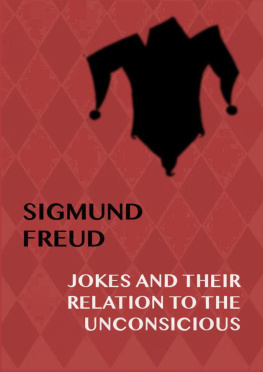
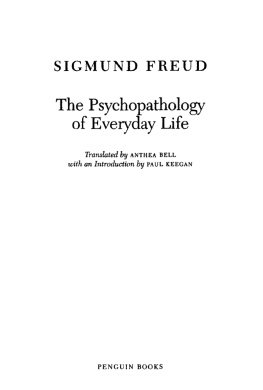
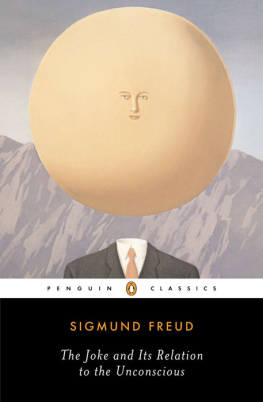
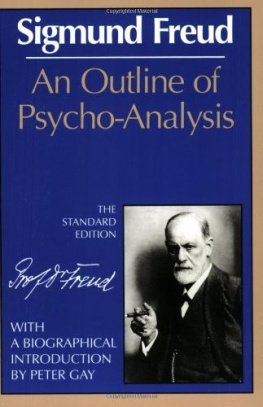
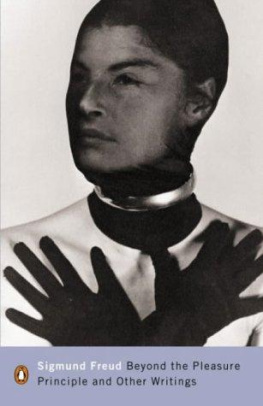
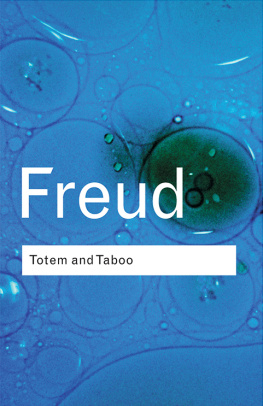


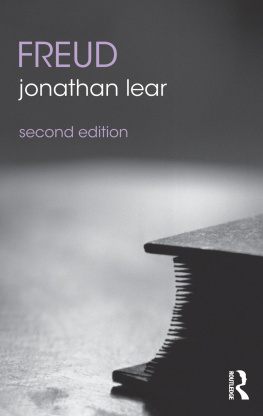
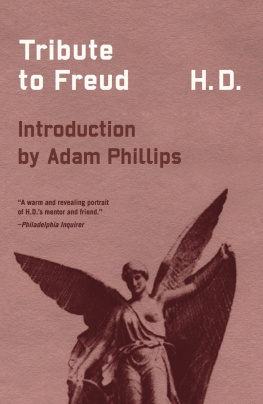

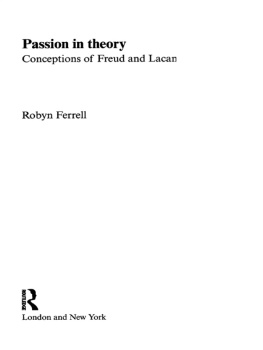
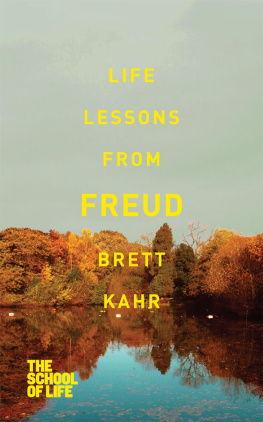
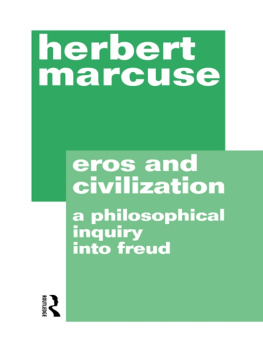
 Sigmund Freud
Sigmund Freud